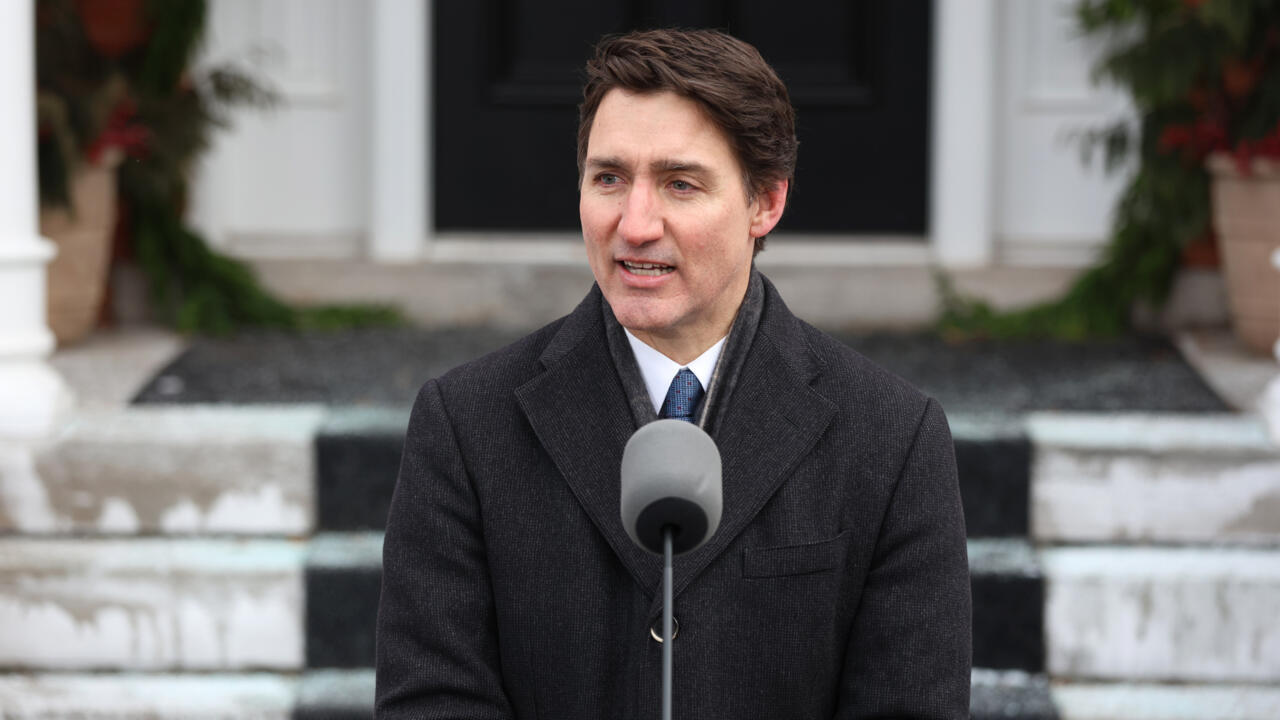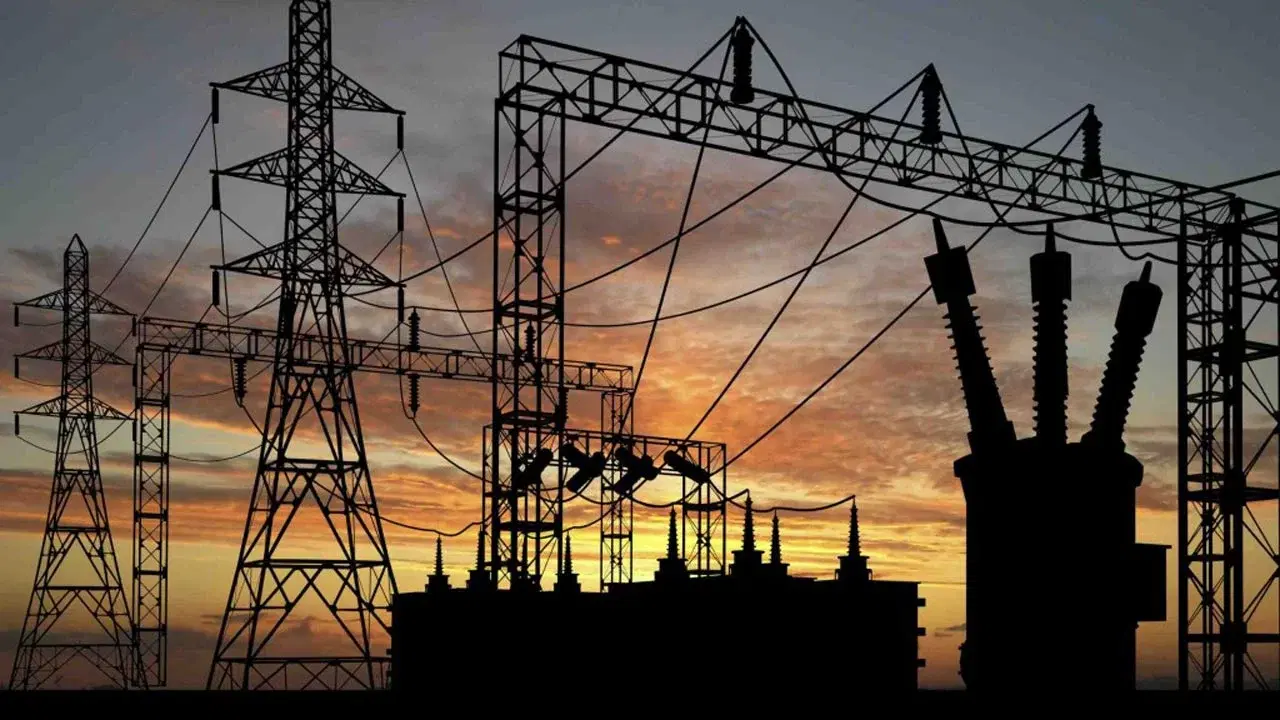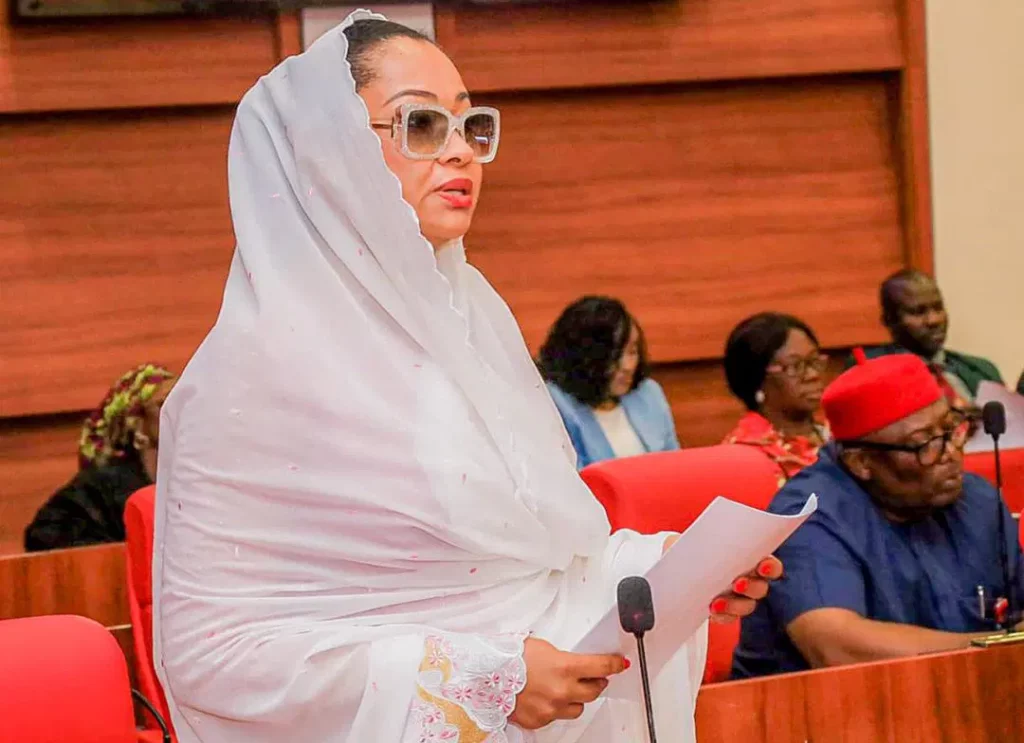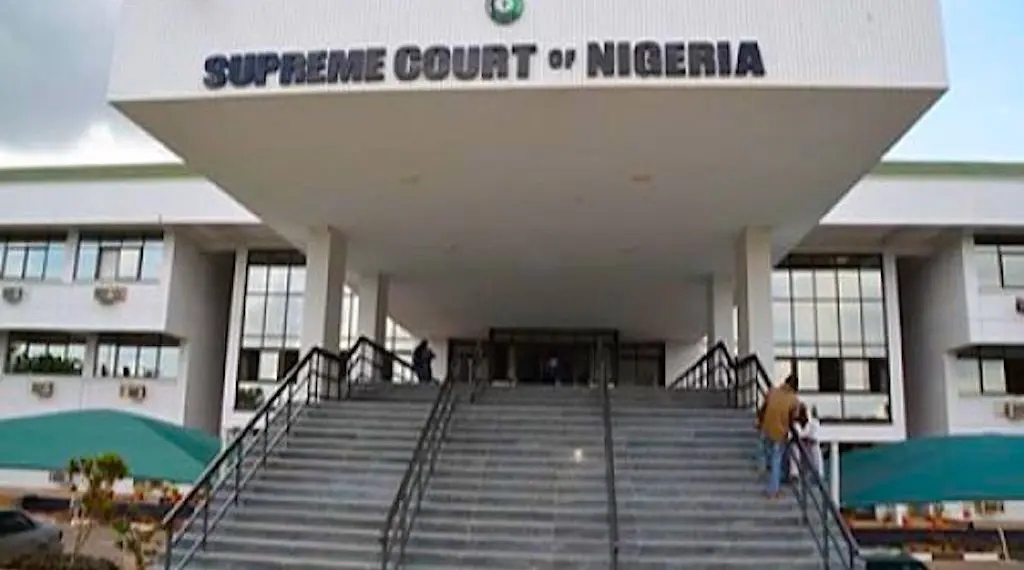Canada’s political landscape faced a seismic shift on Monday as Prime Minister Justin Trudeau announced his decision to resign from office. Addressing the media in Ottawa, Trudeau declared his intent to relinquish his role as the head of government and leader of the Liberal Party, marking the culmination of an extended period of political turbulence. This announcement follows months of waning approval ratings and intensifying dissent within his own ranks.
Trudeau emphasized that his resignation would officially take effect after the Liberal Party selects a successor. However, the precise duration of his interim leadership remains uncertain. “I will serve as prime minister until our party determines its next leader,” he stated, indicating that the leadership transition will unfold through a rigorous, nationwide competition. This process seeks to rejuvenate the party’s standing amid internal fractures and external pressures.
Despite his looming departure, Trudeau is poised to oversee Canada’s initial navigation of anticipated tensions with incoming U.S. President Donald Trump’s administration. Trump’s proposed imposition of a 25% tariff on Canadian imports threatens to inflict significant economic harm, and Trudeau has pledged a firm retaliatory stance. This diplomatic challenge adds urgency to an already fraught political atmosphere, highlighting the stakes of the leadership transition.
Internal discord within the Liberal Party reached a crescendo last December when Chrystia Freeland, the former finance minister and deputy prime minister, unexpectedly resigned. In a sharply worded resignation letter, Freeland criticized Trudeau’s prioritization of political theatrics over fiscal prudence, citing a costly holiday tax initiative as emblematic of misplaced priorities. Her departure left a vacuum within the party and intensified calls for new leadership.
Speculation surrounding Trudeau’s successor has centered on figures such as Freeland herself and Mark Carney, a former Bank of England governor with deep Canadian ties. Political analyst Lori Turnbull underscored the urgency of the situation, remarking that a leadership contest traditionally spanning four to six months must now be expedited. “Delays could render the party vulnerable in the next electoral contest,” she warned, emphasizing the need for swift action.
Trudeau’s Liberal Party currently lags behind the opposition Conservatives in public opinion polls, having narrowly avoided three parliamentary no-confidence votes last year. The party’s tenuous grip on power, bolstered by a fragile alliance with the leftist New Democratic Party (NDP), faced further erosion when the NDP signaled its intent to withdraw support, setting the stage for a potential governmental collapse.
In response to the escalating political crisis, Trudeau sought and obtained authorization from the governor general to suspend parliamentary activities until March 24. This strategic move provides the Liberals with critical breathing room to orchestrate their leadership transition while curbing the opposition’s ability to force a vote of no confidence. As the clock ticks, Trudeau’s resignation sets the stage for a pivotal chapter in Canada’s political saga.
AFP




